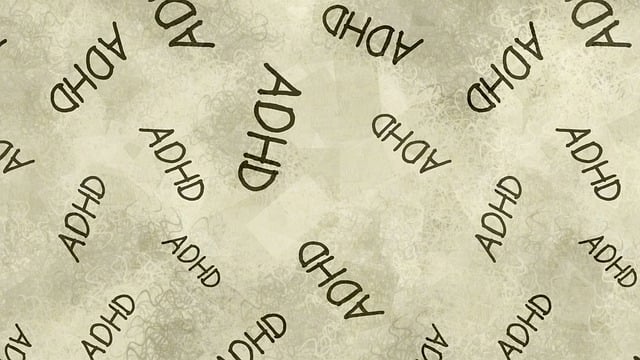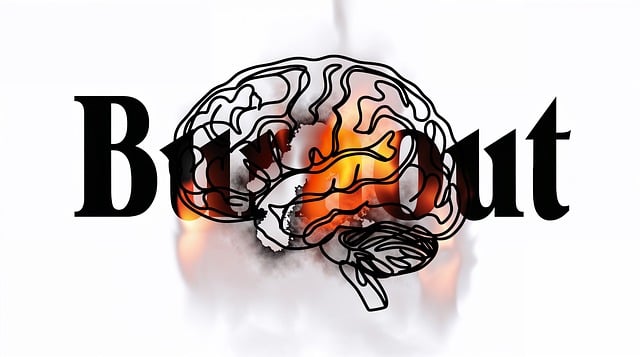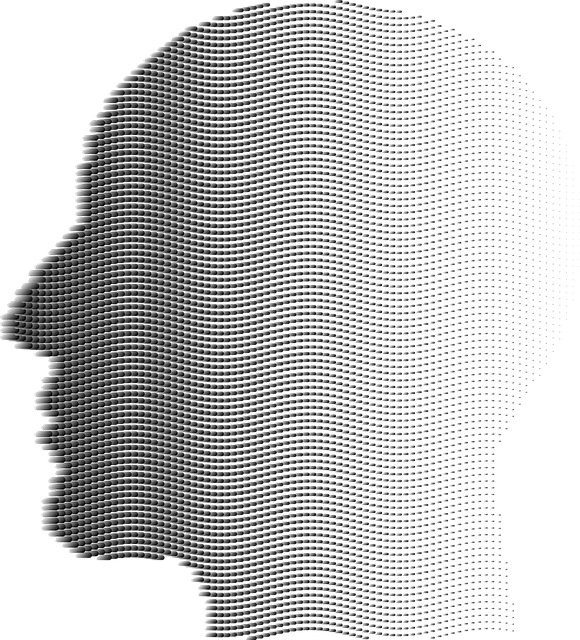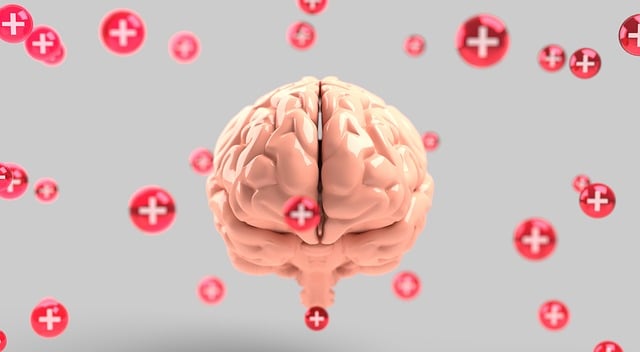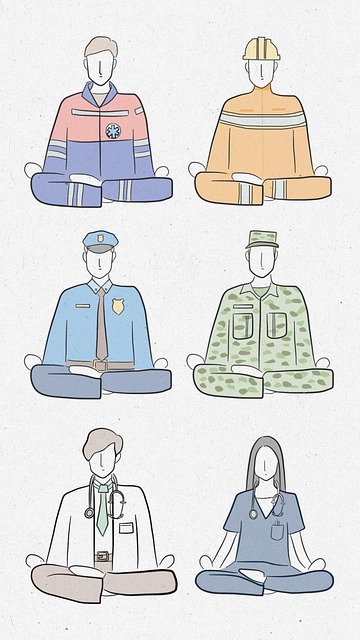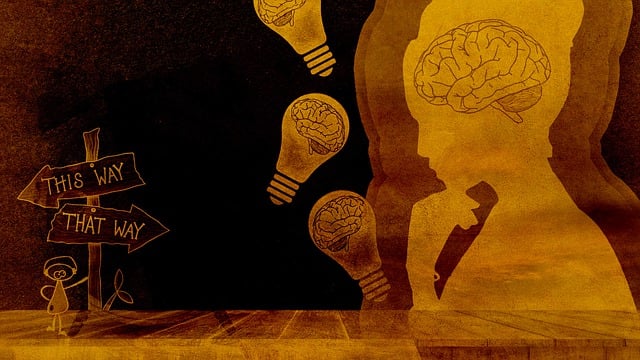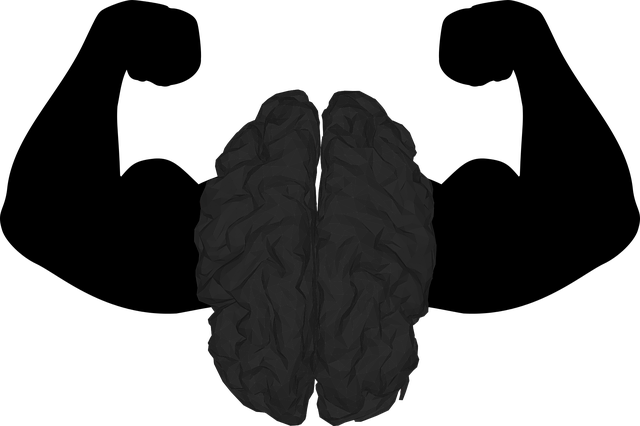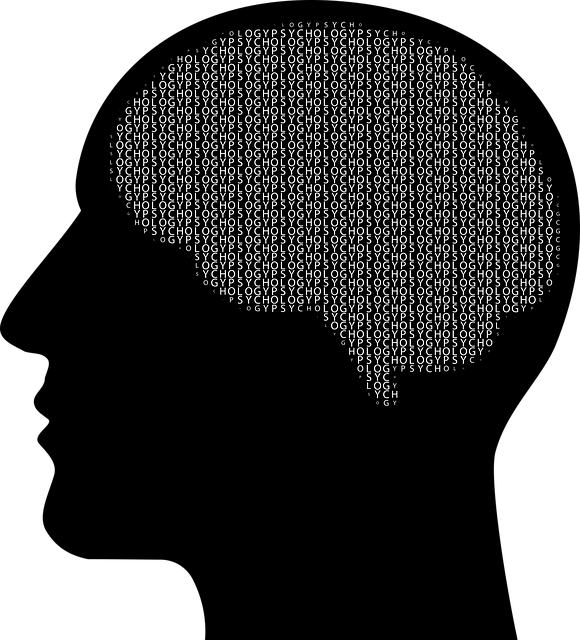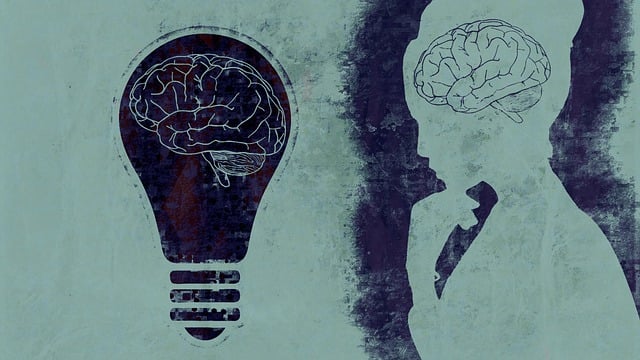Mindfulness meditation, as offered by Northglenn Anxiety Therapy, is a powerful natural remedy for anxiety in today's fast-paced world. This ancient practice helps individuals focus on the present moment, observe thoughts and sensations without judgment, and gain deeper understanding of their anxiousness. Regular mindfulness meditation reduces anxiety symptoms, improves mental well-being, enhances self-esteem, prevents burnout, and contributes to reducing stigma around mental illness. Establishing a consistent practice involves dedicating small amounts of time daily and incorporating mindfulness into everyday activities. Finding the perfect technique is personal, with guided meditations suitable for beginners and silent meditation for deeper trauma support. Overcoming challenges like distractions requires self-compassion and stress reduction methods. Integrating mindfulness into daily life offers a powerful tool for managing stress, fostering compassion, enhancing self-care routines, and prioritizing emotional well-being.
Discover the transformative power of mindfulness meditation with Northglenn Anxiety Therapy. This comprehensive guide offers practical steps to cultivate inner peace and reduce anxiety. From understanding the basics of mindfulness to finding personalized techniques, you’ll learn how to establish a consistent routine and seamlessly integrate mindfulness into daily life. Overcome common challenges and unlock your potential for lasting calm through expert advice tailored for your needs.
- Understanding Mindfulness Meditation for Anxiety Relief
- Setting a Routine: Establishing Your Practice
- Finding the Right Technique for Your Needs
- Overcoming Common Challenges During Meditation
- Integrating Mindfulness into Daily Life
Understanding Mindfulness Meditation for Anxiety Relief

Mindfulness meditation has gained significant attention as a powerful tool for managing anxiety, especially in today’s fast-paced world. This ancient practice involves focusing one’s awareness on the present moment, observing thoughts and sensations without judgment. By cultivating mindfulness, individuals can develop a deeper understanding of their anxious thoughts and emotions, allowing them to respond rather than react to stressful situations.
For those seeking Northglenn Anxiety Therapy, mindfulness meditation offers a natural and effective approach. Regular practice has been shown to reduce symptoms of anxiety and improve overall mental well-being. Moreover, it promotes self-esteem improvement by fostering a non-judgmental attitude towards oneself and one’s experiences. Beyond anxiety relief, mindfulness can aid in burnout prevention by enhancing the ability to manage stress and cultivate inner calm. Additionally, engaging in this practice may contribute to mental illness stigma reduction efforts by encouraging individuals to embrace their emotional states without fear or shame.
Setting a Routine: Establishing Your Practice

Establishing a consistent mindfulness meditation practice can be transformative for managing stress and anxiety, as evidenced by Northglenn Anxiety Therapy. Setting aside dedicated time each day is key to reaping the benefits. Start small, perhaps with 10 minutes in the morning or evening, and gradually increase the duration as you become more comfortable. Consistency trumps intensity; a regular routine allows your mind to acclimate to the practice, fostering deeper relaxation and mental clarity over time.
Consider incorporating mindfulness into your existing routines for enhanced benefits. For instance, engage in mindful breathing during commutes or mindful eating at mealtimes. The goal is to cultivate awareness of the present moment throughout your day, not just during formal meditation sessions. This holistic approach to mental wellness supports a stronger sense of calm and resilience, ultimately improving overall well-being, and could even inform practices explored through Trauma Support Services or highlighted in the Mental Wellness Podcast Series Production. Cultural sensitivity in mental healthcare practice underscores the importance of tailoring these strategies to individual needs and backgrounds.
Finding the Right Technique for Your Needs

Finding the right mindfulness meditation technique is a personal journey that aligns with your unique needs and preferences. What works for someone else might not be ideal for you, especially if you’re seeking relief from specific challenges like Northglenn Anxiety Therapy. Start by exploring various techniques to discover what resonates with you. Guided meditations, for instance, can be excellent for beginners as they provide clear instructions, making it easier to focus on the present moment. This method is particularly beneficial for those dealing with anxiety or stress, as it can help calm the mind and body.
On the other hand, silent meditation allows for a more solo experience, encouraging self-reflection and introspection. It’s an excellent choice if you’re looking for deeper trauma support services or want to enhance your mental health awareness. Remember, the key is to be patient and non-judgmental during this process. Embrace the exploration, allowing yourself to discover the practice that not only meets but exceeds your expectations, fostering a stronger connection with your inner self and ultimately improving your overall well-being.
Overcoming Common Challenges During Meditation

Many people find mindfulness meditation a powerful tool for managing stress and anxiety, yet they often face challenges along the way. Common hurdles include distractions, difficulty in staying present, and feelings of frustration or impatience. Overcoming these challenges is essential for making consistent progress in your practice.
At Northglenn Anxiety Therapy, we emphasize that it’s important to be kind to yourself during this process. Social Skills Training and Mental Health Education Programs Design can offer valuable insights into managing these obstacles. Techniques such as setting realistic expectations, practicing self-compassion, and learning stress reduction methods can significantly enhance your meditation journey. Remember, each session is an opportunity to refine your practice and deepen your understanding of mindfulness.
Integrating Mindfulness into Daily Life

Integrating mindfulness into daily life can be a transformative practice for those seeking to manage stress and improve mental well-being, especially in today’s fast-paced world. At Northglenn Anxiety Therapy, we emphasize the importance of adopting mindfulness as a way of life rather than just a fleeting moment of calm. This involves cultivating present-moment awareness during routine activities. For instance, while commuting or preparing meals, one can engage their senses fully, observing the sights, sounds, and textures around them. This practice helps to break the cycle of mindless habits and promotes a deeper connection with oneself and one’s surroundings.
By incorporating mindfulness into daily routines, individuals can develop a more compassionate approach to themselves and others, which is a key aspect of Compassion Cultivation Practices. It allows for better stress reduction methods and fosters a sense of resilience. Additionally, integrating mindfulness can lead to an enhanced self-care routine development for better mental health, ensuring that individuals prioritize their emotional well-being alongside physical needs.
Mindfulness meditation, as explored in this guide, offers a powerful tool for managing anxiety and enhancing overall well-being. By integrating practices like those discussed for setting a routine, finding suitable techniques, overcoming challenges, and integrating mindfulness into daily life, individuals can tap into the benefits of Northglenn Anxiety Therapy right from their own homes. Regular meditation not only reduces stress but also fosters a deeper connection with the present moment, leading to improved mental clarity and emotional resilience. Embrace these practices and witness the transformative power of mindfulness in your journey towards inner peace.
